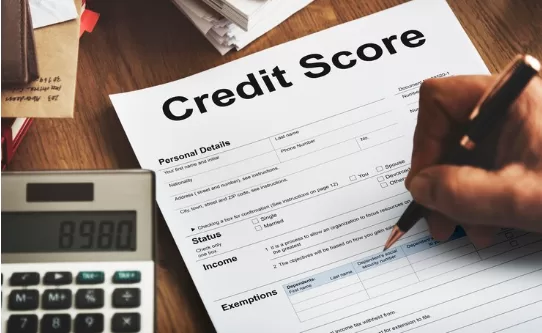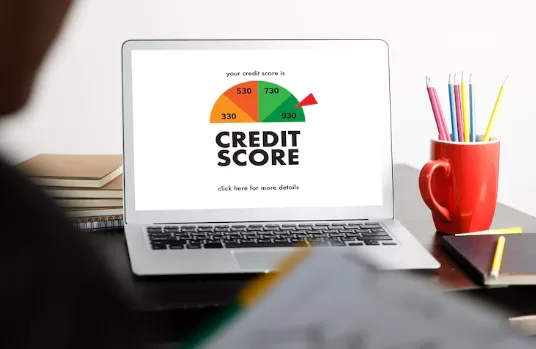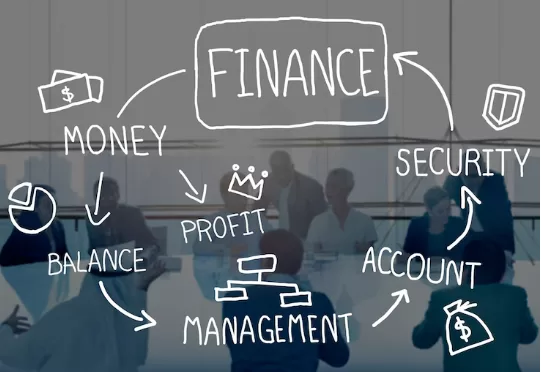A good credit score is essential for financial health, affecting everything from loan approvals to interest rates. If you’re looking to improve your credit score quickly and effectively, you’re not alone. Many people want to boost their scores for various reasons, such as applying for a mortgage, getting a car loan, or simply enhancing their overall financial standing. Here’s a detailed guide on actionable steps you can take to see improvements in your credit score.
Table of Contents
Understanding Your Credit Score

Before diving into strategies for improvement, it’s important to understand what makes up your credit score. The most commonly used scoring models, such as FICO and VantageScore, consider several key factors:
- Payment History (35%): This is the most significant factor. It includes on-time payments, late payments, and missed payments.
- Credit Utilization (30%): This ratio compares your current credit card balances to your credit limits. Keeping this ratio low is crucial.
- Length of Credit History (15%): A longer credit history can positively impact your score.
- Credit Mix (10%): Having a variety of credit types (credit cards, mortgages, installment loans) can be beneficial.
- New Credit (10%): Opening multiple new accounts in a short time can lower your score.
1. Pay Your Bills on Time
One of the most effective ways to improve your credit score quickly is by ensuring that all bills are paid on time. Late payments can significantly damage your score. Here are some tips:
- Set Up Automatic Payments: Automate at least the minimum payment for bills to avoid missed deadlines.
- Use Calendar Reminders: Set reminders a few days before due dates to ensure you’re prepared.
- Communicate with Creditors: If you’re struggling to make payments, reach out to creditors for assistance or possible payment arrangements.
2. Reduce Your Credit Utilization Ratio
Credit utilization is the second most important factor in determining your credit score. Aim to keep your utilization below 30%. Here’s how:
- Pay Down Existing Balances: Focus on paying off high balances first.
- Request a Credit Limit Increase: If you have a good payment history, ask your card issuer for an increase in your credit limit. This will lower your utilization ratio without increasing debt.
- Avoid New Purchases: Until you lower your balances, refrain from making new purchases on credit cards.
3. Review Your Credit Report for Errors
Errors in your credit report can negatively impact your score. Regularly review your report from the three major bureaus—Experian, TransUnion, and Equifax—for inaccuracies:
- Dispute Inaccuracies: If you find errors (like incorrect late payments), dispute them immediately with the respective bureau.
- Check for Fraudulent Accounts: Ensure that all accounts listed are yours and that there are no signs of identity theft.
4. Diversify Your Credit Mix
Having a variety of credit types can positively influence your score:
- Consider Secured Credit Cards: If you’re rebuilding or establishing credit, secured cards are easier to qualify for and help build a positive payment history.
- Small Personal Loans: If you only have revolving credit (like credit cards), consider taking out a small personal loan to diversify.
5. Limit New Credit Applications
Each time you apply for new credit, a hard inquiry is made on your report, which can temporarily lower your score:
- Space Out Applications: Avoid applying for multiple new accounts at once. Instead, space out applications over several months.
- Rate Shopping: If you’re looking for loans (like mortgages), try to complete all applications within a short period (usually 30 days) so they count as one inquiry.
6. Establish Residential Stability
Lenders prefer stability when assessing potential borrowers:
- Register on the Electoral Roll: Ensure you’re registered at your current address; this helps establish residency and stability.
- Minimize Frequent Moves: Try not to change addresses frequently; consistency can positively affect how lenders view you.
7. Use Experian Boost or Similar Services
Services like Experian Boost allow you to add utility and phone bill payments to your credit file:
- Get Credit for On-Time Payments: By linking bank accounts where these bills are paid, you may see an immediate boost in your score once reported.
8. Monitor Your Progress Regularly
Use tools and services that provide regular updates on your credit score:
- Credit Monitoring Services: These services alert you to changes in your report and help track improvements over time.
- Set Goals: Establish specific targets for what you’d like to achieve with your score and track progress towards those goals.
Conclusion
Improving your credit score takes time and consistent effort; however, implementing these strategies can lead to quick wins that enhance your overall financial health. Remember that while some changes can yield immediate results—like reducing credit utilization—others may take longer as they reflect ongoing responsible financial behavior.
For more detailed information on improving your credit score effectively, consider visiting Equifax or NerdWallet.By following these steps diligently and maintaining good financial habits over time, you’ll be well on your way to achieving a healthier credit profile. This article provides comprehensive insights into improving one’s credit score effectively while being optimized for SEO with relevant keywords and external links for further reading.






